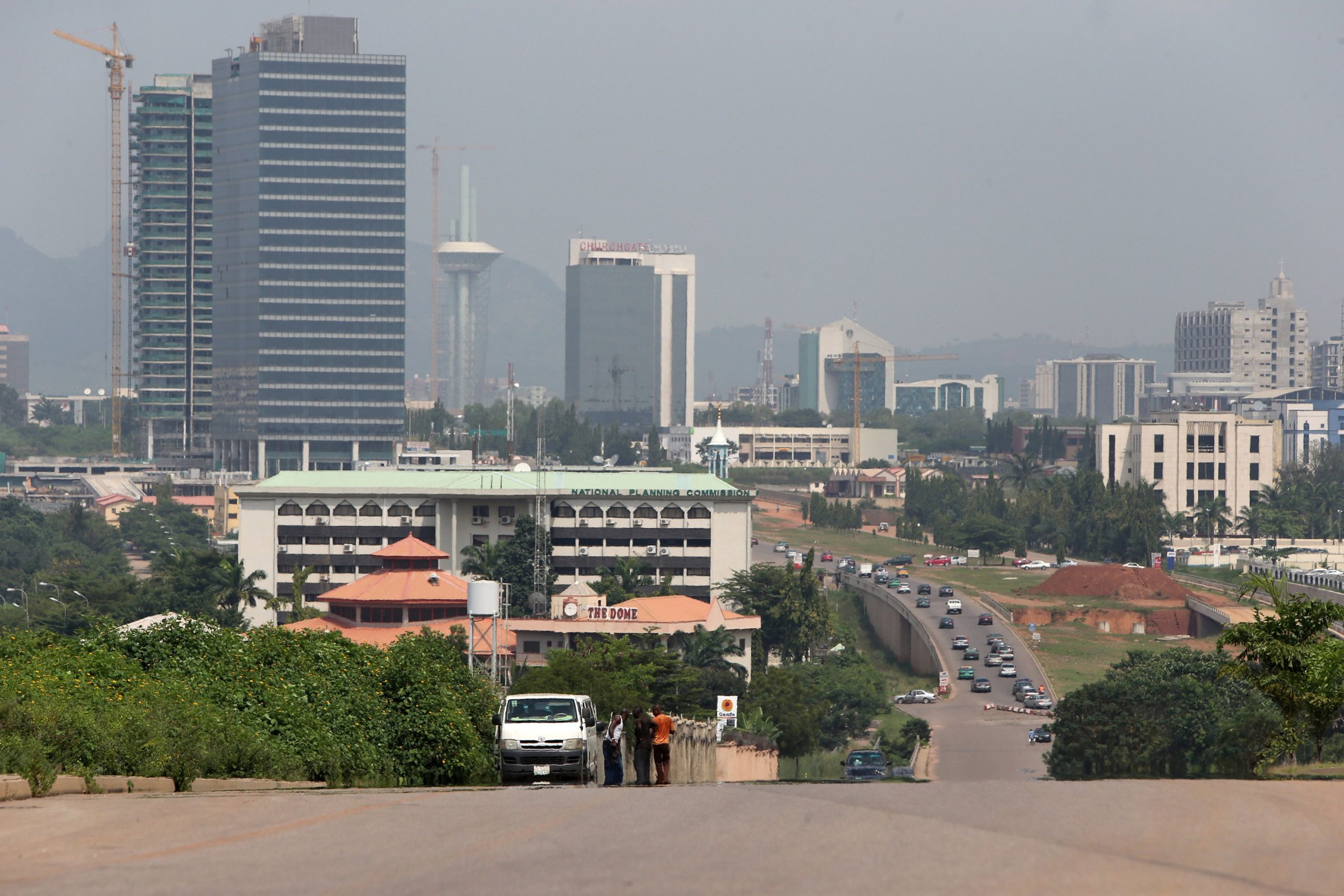In its latest World Economic Outlook (WEO), the IMF revised its global growth forecast for 2024 upward to 3.2% y/y from 3.1% y/y projected in its January ’24 WEO.
Meanwhile, the growth outlook for 2025 was unchanged at 3.2% y/y. It is worth highlighting that global growth projections for 2024 and 2025 remain below the historical (2000-2019) average of 3.8%.
Persistence inflationary pressure, turbulence in China’s property sector, ongoing geopolitical tensions, and financial stress continue to pose downside risk to global growth projection.
There was an upward growth revision for United States to 2.7% y/y from 2.1% y/y. The upward revision can be partly attributed to a stronger than expected growth in the US economy in Q4 ‘23 bolstered by healthier consumption patterns; stronger momentum is expected in 2024.
Growth in China remains steady at 4.6% y/y. This is consistent with the projection recorded in its January ’24 WEO, as post pandemic boost to consumption and fiscal stimulus eases off amid headwinds in the property sector. We expect a loosening or a hold stance in the near-term as China continues to seek ways to bolster its economy.
On the flip side, GDP growth was revised downward (marginally) for the Eurozone to 0.8% y/y from 0.9% y/y (in its January ’23 WEO) for 2024. The growth projection for the United Kingdom was also revised downwards to 0.5% y/y from 0.6% y/y.
Russia’s growth forecast was revised upward to 3.2% y/y from 2.6% y/y (in its January ’24 WEO) for 2024. This revision was largely due to high investment and robust private consumption supported by wage growth.
The projection for average global inflation was revised upward to 5.9% y/y for 2024 from 5.8% y/y (in its January ’24 WEO), with an expectation of a decline to 4.5% y/y in 2025.
This is reflective of the cooling effects of monetary policy tightening across advanced and emerging economies.
Based on IMF projections, we anticipate a swifter decline in headline inflation rates averaging near 2% in 2025 among advanced economies before the avg. inflation figure for developing economies returns to pre-pandemic rate of c.5%.
This is driven by tight monetary policies, softening labor markets, and the fading passthrough effects from earlier declines in relative prices, notably energy prices.
We understand that moderations in headline inflation have prompted central banks of select economies to slow down on further policy rate hikes.
For instance, the US Federal Reserve may consider rate cuts three times this year if macro-indicators align with expectations. Also, the UK and ECB are likely to reduce their level of policy restriction if they become more confident that inflation is moving towards the 2% target.
The growth forecast for sub-Saharan Africa remains steady at 3.8% y/y for 2024. The unchanged projection can be partly attributed to expectations around growth dynamics in Angola, notably contraction in its oil sector, which was offset by an upward revision for Nigeria’s GDP growth estimate.
For Nigeria, IMF revised its 2024 growth forecast upward to 3.3% y/y from 3.0% y/y (in its January ’24 WEO). This revision partly reflects the elevated oil price environment. Bonny Light has increased by 14.6% from the start of the year to USD89.3/b (as at April 2024).
Other upside risks include relatively stable growth in select sectors, improved fx market dynamics as well as ongoing restrictive monetary stance by the CBN.
Nigeria’s headline inflation has steadily recorded upticks (currently at 33.2% y/y as of March ‘24). Our end-year inflation forecast (base-case scenario) is 35.8% y/y. The ongoing geopolitical tension could exacerbate supply chain disruptions, driving commodity prices, and exerting pressure on purchasing
power.

 Forex3 weeks ago
Forex3 weeks ago
 Naira3 weeks ago
Naira3 weeks ago
 Billionaire Watch3 weeks ago
Billionaire Watch3 weeks ago



 Naira3 weeks ago
Naira3 weeks ago






 Naira3 weeks ago
Naira3 weeks ago




 Naira2 weeks ago
Naira2 weeks ago






 Naira2 weeks ago
Naira2 weeks ago




 Naira4 weeks ago
Naira4 weeks ago
























